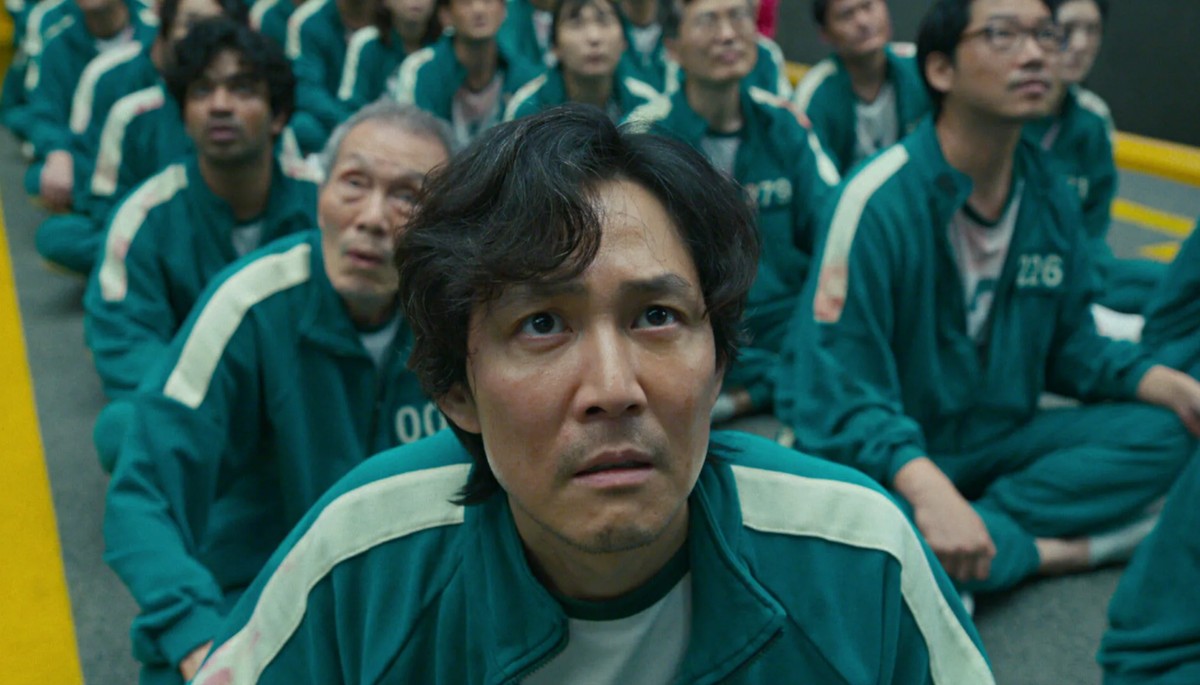The Desperate Are Trapped in a Real-Life Squid Game: Online Trials Promise a Fortune, Then Debt
In China, a new, grim internet trend targets the unemployed and the desperate by promising a fortune for completing a 'self-discipline' trial. The ads frame it as a straightforward path to wealth, echoing the spectacle of the Squid Game. The prize is enormous: 859,000 yuan (about 10.4 million rubles). But most participants end up paying to enter and walk away with nothing, sometimes sinking deeper into debt. This year, dozens of Douyin accounts have begun promoting these trials, turning hardship into a public spectacle rather than a private trap. These trials advertize life-changing stakes while the odds against success stay stubbornly high.

In This Article:
How the Trials Work: Isolation Rooms, Tiny Rules, Big Promises
Advertisers market them as easy self-discipline tests that let you read, draw, knit, or simply look out the window. In truth, the setup requires participants to stay inside a small hotel room for days on end under constant camera surveillance, with rules that are brutally strict. The program demands that you remain in the room at all times, use no electronics, speak to no one, never cover your face, stay still, and avoid touching anything left in the room or the cameras. Failure is immediate: even tiny violations can lead to disqualification. Zhang’s first attempt lasted less than a day when he covered his face for more than three seconds. The marketing makes the challenges look manageable; the reality is punishing and unforgiving.

Zhang’s Story: Debt, Disqualification, and a Lost Prize
Zhang, already drowning in debt, paid 6,900 yuan to enter the trial. His first attempt was over within 24 hours when he was disqualified for covering his face for more than three seconds. On the second attempt, he briefly turned away from the camera while making the bed and was disqualified again. On the third attempt, he touched a beer bottle; alcohol was banned as part of the self-discipline challenge. After days of trying, he had paid more than 20,000 yuan in fees and still won nothing, leaving him deeper in debt and feeling betrayed.

A Wider Trend on Douyin: Promotions, Prizes, and Public Broadcasts
The trend has gained traction in recent months on Chinese social media. Dozens of Douyin accounts promote these 'tests,' broadcasting the trials and the contestants’ desperate behavior. Companies lure the poor and unemployed with the promise of big prizes, but most participants endure weeks of confinement in small rooms under constant surveillance. While some contestants do win large sums, the odds are slim; many are disqualified for minor breaches and end up paying more before the reality sinks in.

Why This Happens—and What It Means for Society
This trend exposes a new level of cynicism: profit from the most vulnerable, dressed up as a televised game. Live broadcasts normalize exploitation and desperation, while the promised prize remains out of reach for most. Experts are calling for stronger consumer protections, clearer rules, and tighter regulation of online promotions that prey on poverty. If you’re reading this, consider the ethical implications of turning real suffering into entertainment and reflect on what you would do in a similar situation. Please follow and share your thoughts.


